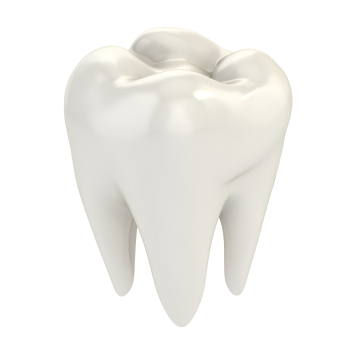 A tooth extraction is the procedure done to remove a tooth from its socket in the jawbone that is damaged beyond repair.
A tooth extraction is the procedure done to remove a tooth from its socket in the jawbone that is damaged beyond repair.Our office is very selective of what extractions we do. If the doctor feels like a tooth is something that he or she cannot remove we will refer you to the oral surgeon.
Why Are Teeth Extracted?
| • | Severely decayed. |
| • | Periodontally diseased (gum and bone disease). |
| • | Fractured in such a way that it is impossible or impractical to repair. |
| • | Badly positioned (impacted wisdom teeth). |
| • | Non-functional or poorly functional teeth. |
Extractions are generally classified as either non-surgical (also known as "simple") or surgical (involving cutting procedures). A simple procedure can quickly become a surgical procedure if the tooth fractures or refuses to loosen under pressure. We perform these procedures only after making the extraction site(s) profoundly numb.
Tooth Extraction Post-Operative Instructions
Following tooth extraction you may experience bleeding, oozing, soreness, or moderate to severe pain.
Bleeding
Your bleeding should stop by 8-12 hours following the extraction. If you experience significant bleeding past this time please call our office immediately. Oozing of pink fluid for 1-2 days is normal.Pain
After the tooth extraction pain is best managed with a mild analgesic like Tylenol, Advil, or Aleve. If you experience severe pain that lasts more than 2-3 days after your extraction please call our office.Dental Upkeep
It is important to not disturb the extraction site. Remember to eat a soft diet for 24 hours following the extraction. Avoid vigorously rinsing with any type of liquid for the first 24 hours.Next Day
After 24 hours rinse with strong warm salt water for 1 minute a couple of times daily for 3-4 days. This will reduce the number of bacteria in your mouth and will promote better healing.If you have any further questions, please feel free to call us.








